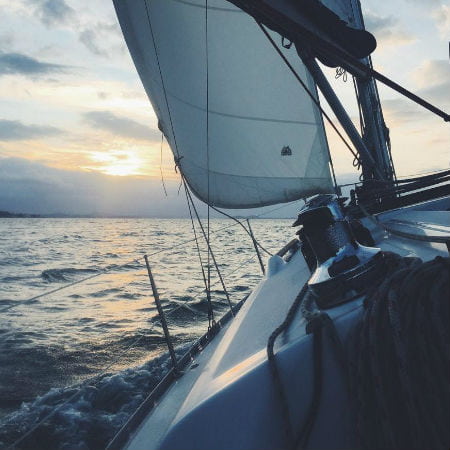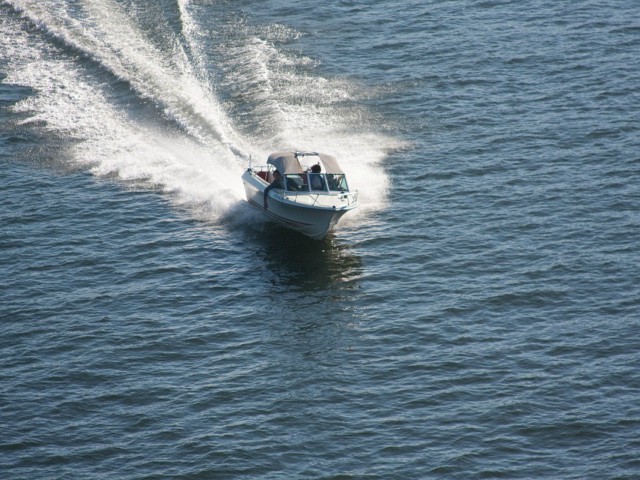
Most of the United States would celebrate the Fourth of July weekend with barbecues and fireworks. However, in places like Manassas, Virginia, the concerns are not for the sheer number of beachgoers or highway traffic. This time of the year, their biggest concern is the boating safety, as traffic remains the highest during the summer.
According to the National Safe Boating Council, boaters are encouraged to be responsible at all times while on water. Rachel Johnson, CAE and executive director of the National Safe Boating Council, said, “Every time I speak with someone affected by a boating accident, I’m more motivated to share about the importance of boating safety tips —and that includes always wearing a life jacket.”
Boating safety tips are not limited to minimize in-vehicle incidents. The U.S. Coast Guard says that drowning is actually the most-reported cause of death, accounting for more than three-fourths of recreational boating fatalities in 2016. As many as 83 percent of these fatalities are said to have happened because people were not wearing life jackets.
Scroll down for video

Boating Safety Tips to Follow
- Life jackets are a must. Make sure that everyone on board has US Coast Guard–approved life jackets to ensure boating safety. These days, they have more innovative styles that provide mobility and flexibility, making them comfortable even for water activities.
- Always check equipment for safety. A tip for boat owners: Schedule a free vessel safety check with the Coast Guard Auxiliary or US Power Squadrons to make sure you have the necessary equipment on board.
- Draft and itinerary and float plan. Let your family members know where you are going and when you’re going to return. This boating safety measure is important so that someone will have a heads-up regarding your location in case of emergencies or if you don’t make it home on time.
- Have an engine cut-off device. This is particularly useful as it stops the boats engines faster, should an operator or boater fall overboard by accident.
- Check the weather. Checking the weather forecast before departing ensures overall safety. Follow warnings and precautionary measures as necessary.
- Be actively observant. Know what’s going on around you at all times. Remember that most of the reported boating accidents in 2016 were caused by improper lookout or lack of attention from the operator.
- Travel at safe speeds. Familiarize yourself with boating speed zones and stay within limit. Like road accidents, boating safety lies in following laws. Dismissing rules of boating result to more fatalities.
- Don’t go boating while under the influence. Whether drugs or alcohol, getting inebriated in high seas is dangerous, not only for you, but for everyone else on board as well.
- Keep in touch with someone on-shore. Use VHF radios, satellite phones, cell phones, or even GPS tracking devices to contact someone on shore. These gadgets should be efficient for use in case of emergencies.
Watch the videos below